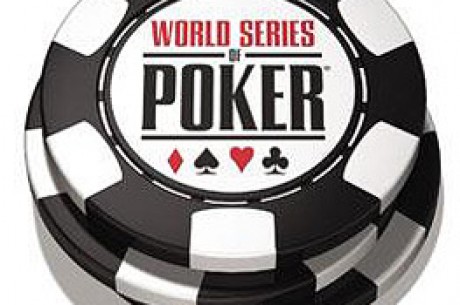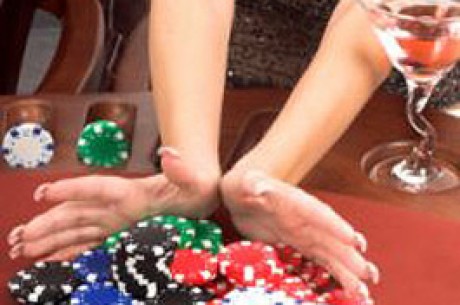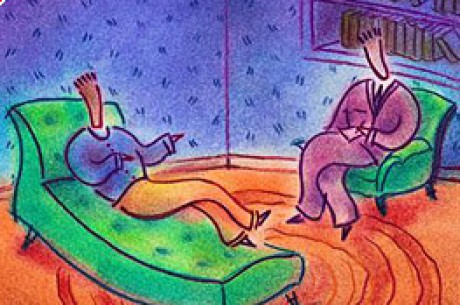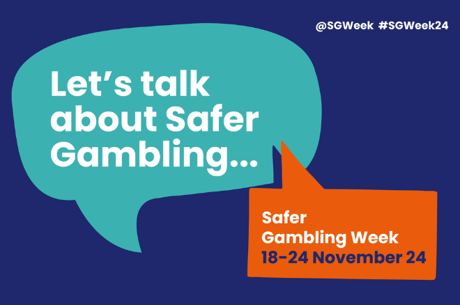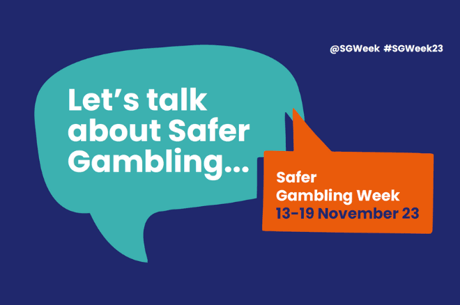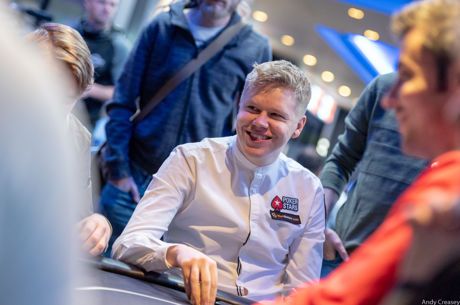Countdown To The World Series, Part Six: How Many?
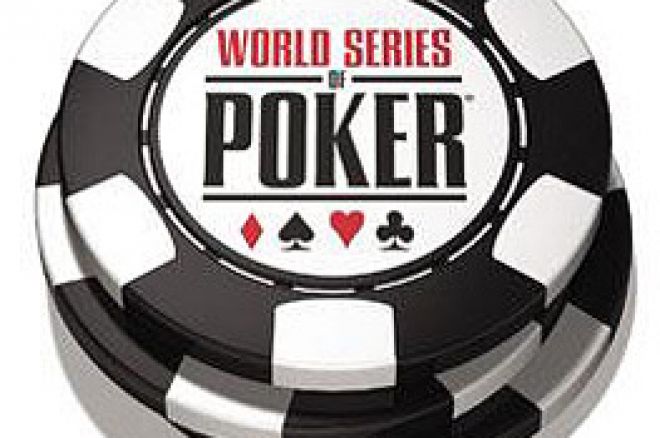
When you look back at the history of the World Series of Poker, it is astounding the growth of the event. Back in 1970, Benny Binion put on the World Series as a way to draw the biggest poker players together in his casino (the idea came from a similar event that Binion attended in 1969). It started small and it seemed that there was never a definite, in the early years, as to whether there would be one the next year. As surely as the sun rises in the East, however, each spring since 1970 (OK, now summer) the World Series has risen to draw poker players from around the world to Las Vegas.
It all started very small. Believe it or not, the first World Series was only the $10,000 Championship Event. There were cash games that ran the gamut for the gamblers to take part in and, according to legend, Binion actually had to pay for a couple of the players to take part in the first World Championship. When they came to the felt, only seven players came to the table for the tournament. These players' names have been lost in the dust of history, however, and rather than crowning the winner of this single table the World Champion, a vote was taken among the players participating. Instead of the players being asked who the best was (as each would answer themselves!), they were asked who was the second best player. After the votes were tallied, the legendary Johnny Moss was elected the first World Champion.
From there, the World Series of Poker only expanded. 1977 marked the second consecutive World Championship for Doyle Brunson and was also the last year that it was a "winner take all" format, as Brunson left Binion's Horseshoe with $340,000 from the thirty four players assembled. A short five years later, Jack "Treetop" Strauss made his Lazarus-like comeback from a single chip to take the first World Championship where more than 100 players gathered.
1991 marked the first year that the Championship Event drew more than 200 players (215) and also was notable for having the first satellite winner take down the Championship Event in Tom McEvoy. Since that time, the landmarks come even quicker than in the early years. The 300 player barrier was broken in 1997 (the third and final World Championship for the late, great Stu Ungar) and, in 2000, the "400" mark was completely bypassed when 512 players came to the tables for Chris "Jesus" Ferguson's ascension to the top of the game.
Since the beginning of the 21st century, the World Series has seen growth unequal to any time in its history. With the advent of online poker, players in not only the Championship Event but in all events at the World Series surged. 2003 saw 839 rounders come to the felt for the breakthrough victory by online qualifier Chris Moneymaker and, in 2004, the field tripled due to the effect of the online game. 2,576 people put up their $10K and saw Greg "Fossilman" Raymer win the title of World Champion. Finally, last year's event stunned all when the field doubled from the previous event to 5,619, granting the largest first place award in the history of poker to Australia's Joseph Hachem (who also became only the seventh foreign winner of the tournament).
This bodes well for the 2006 renewal of festivities at the Rio. Poker in the world today (not just the United States) is the game of choice for millions of people and thousands of them will make the trek to the desert to take their shot at a World Series bracelet. Forty countries were represented in 2005 and there is no reason why this number can't be equaled or surpassed this year.
If you plan on playing in one of the forty five events that make up the schedule of this year's tournament, plan on a lengthy stay. Most of the tournaments on the schedule have been planned for a three day length, even for the smaller buy-in events and the other forms of poker that may not draw as much attention (such as Omaha and Seven Card). It is highly conceivable that each No-Limit Texas Hold 'Em event will draw, at the minimum, over 1500 players. The lower end tournaments (at $1500) will probably be close to the 2500 mark, if not more (for example, the first NL event in 2005 drew over 2300 players, at that time the second largest tournament in poker history). While prize pools for these tournaments will be large, there will be a tremendous amount of work to reach the Promised Land.
If you play in events such as Omaha, Seven Card or such, the fields there will surely not be as large as those in the NL events but will still probably push the 1000 mark. The only tournaments where smaller fields (but still surpassing 2005) will be the norm will be in the rebuy tournaments (there are three on the schedule) and, of course, the $50,000 H.O.R.S.E. tournament. With the rebuy events it is possible there could be more than 500 players and, with the H.O.R.S.E. tournament, expect around 150 of the best poker players in the world there.
The tournament that will set the new benchmark for tournament poker will be, of course, the Championship Event. The major online sites have been running qualifiers for a year and, as such, these sites (such as PokerStars, PartyPoker, UltimateBet and FullTilt) could all send somewhere in the neighborhood of 1000 to 1500 players each. The smaller online rooms probably will account for another 1500 players themselves and there are also the daily satellite tournaments (which we talked about in Part Five of this series) which will account for hundreds if not one thousand qualifiers on their own.
Harrah's has expectations for 8,000 players to come to the felt for the Championship Event, but this number is not set in stone (scuttlebutt has floated around that the field will be capped at that, but there is no truth to those rumors). There is a day off for the Championship Event scheduled into the mix (on August 3rd) that could be eliminated if the field surpasses the 8,000 mark, calling for a fifth first day to be inserted into the schedule. While expecting the field to double again for 2006 might be impossible, it is evident from looking at these numbers that the field will definitely push the 8,000 mark hard if not surpass it.
What would Benny Binion think of his 'baby' if he saw it today? He probably would be saying that he knew all along that the World Series would reach this point! While he created the World Series as a way of gathering gamblers to reunite every year, now the world has learned what he knew: that poker is the world's game and people from all walks of life will come to the tournament to test their skills among the best players around. In the next segment of this series, we'll take a look at the world's impact on the World Series of Poker as we prepare for this year's event to take place.
Ed note: Three WSOP seats exclusive to PokerNews.com readers up for grabs at Doyle's Room. Sign Up Today.

